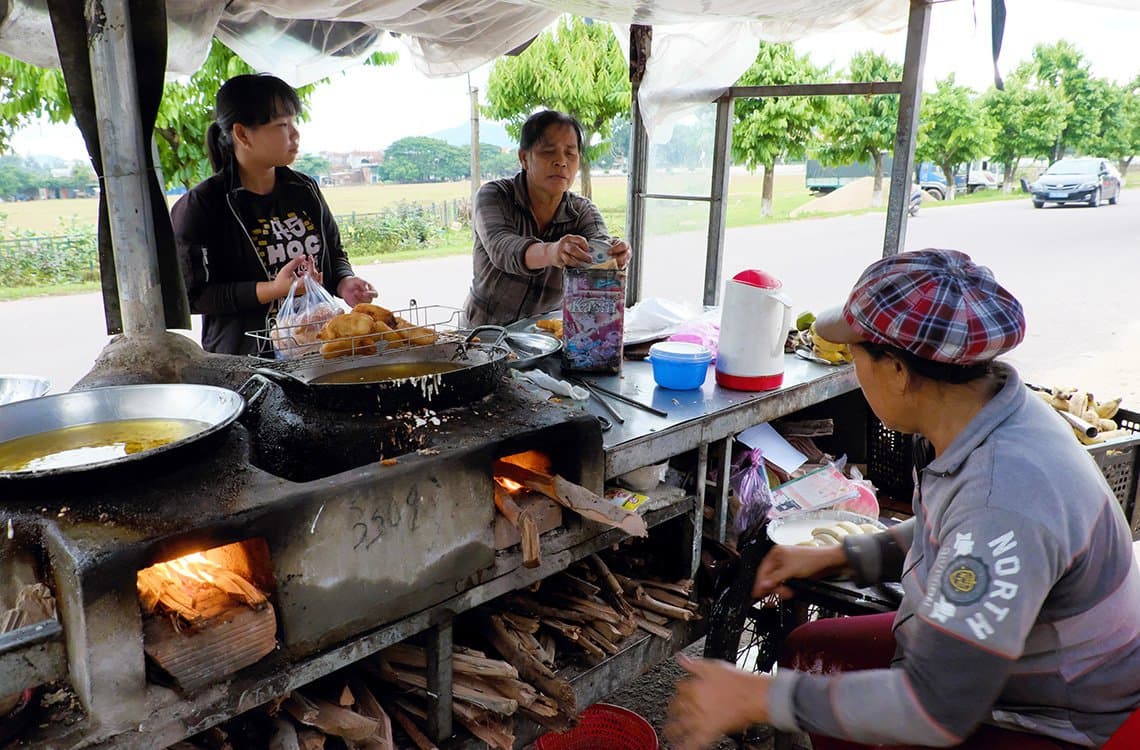
Dong Finance Right Why Vietnam Loves Cash
The Vietnamese dong is among the world’s hardest-working currencies, with 42 percent of in-person transactions completed in cash. A recent article in popular online newspaper VnExpress explores how a challenging economy is encouraging people to choose physical currency over cashless alternatives.
Vietnam has embraced digital payments, with the next most-used way to transact after cash being digital wallets (accounting for 29 percent of transactions, according to the Global Payments Report, versus just 19 percent using credit cards and nine percent using debit cards). However, writing for VnExpress, Ho Chi Minh City-based office worker Luu Phat explains that spending money with cashless methods is a little too easy.
Since cashless payment methods… have developed, I have found it difficult to control my spending… There have been periods of up to six months where I couldn’t save any money because paying by phone was too easy and effortless.
Realising this lifestyle was unsustainable, Luu Phat returned to using cash, withdrawing 1.5 million dong per week ($65 or €60) and only using cashless payments for utilities such as electricity and water.
At the checkout of the convenience store, I carefully consider the items I need to buy, then hand over a 500,000 note—the most valuable dong note—to the cashier and wait for change. If paying online, I don’t really think about the amount, whereas if I use cash, I will regret spending all 500,000 in one go.
Alongside the value of cash for enabling anyone to buy goods and services, regardless of the age or geographical location, and the ease of using it, which makes it appealing to small businesses such as grocery and vegetable sellers, Luu Phat observes: ‘I think another reason why many people prefer to use cash is that it is visual and easy to save.’
This use of physical currency to easily control spending follows a worldwide trend of cash stuffing, a technique in which a person divides their income into a number of envelopes that cover different areas of spending, from essentials such as rent and utilities to luxury items that can be allotted money after everything else is covered. As the cost of living continues to rise in many countries, cash is becoming a valued route to financial empowerment.
